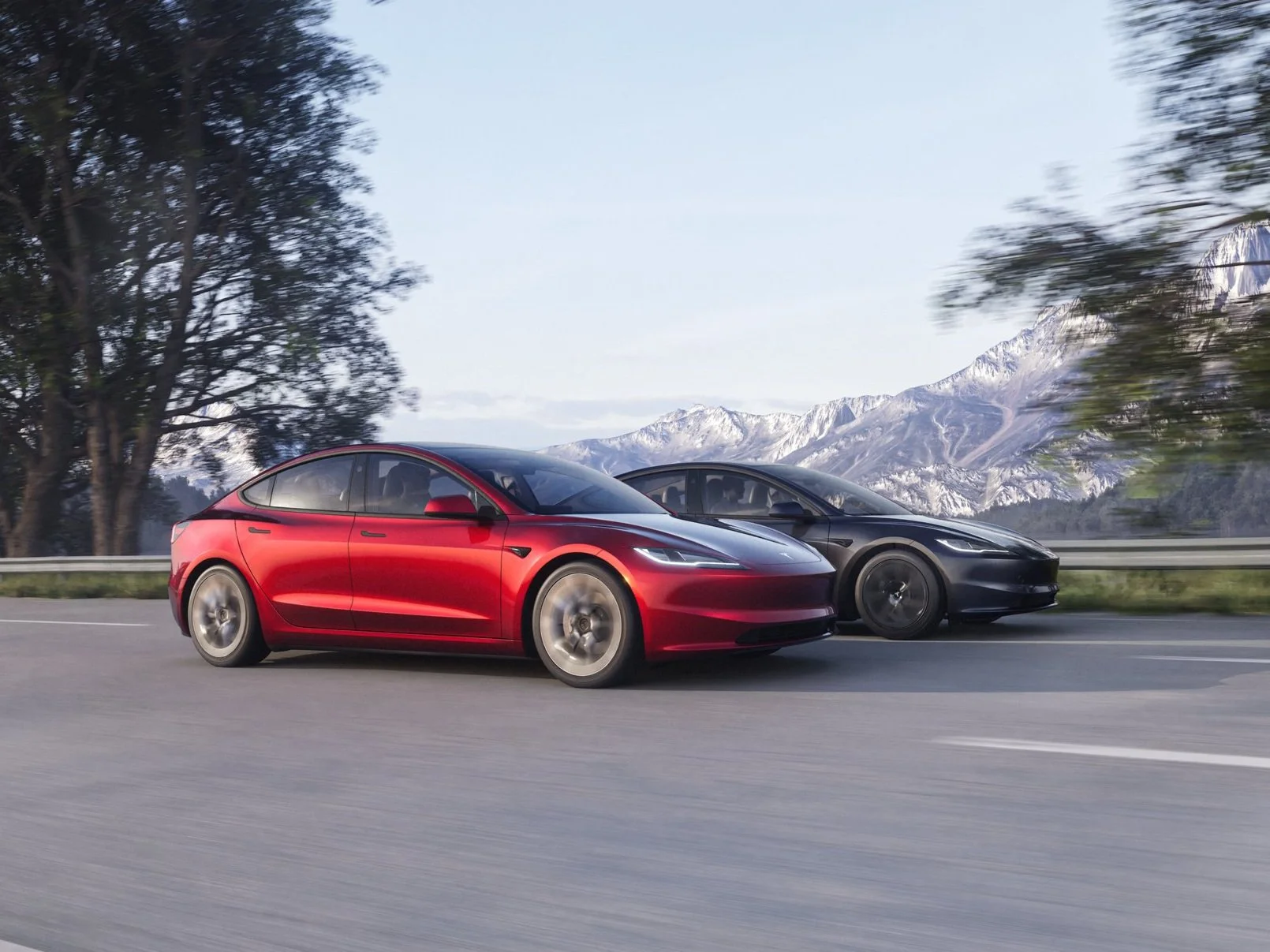HiPhi: When Excellence Doesn’t Always Guarantee Success
By Edward A. Sanchez — Feb. 28, 2024
In the last decade, the automotive market has undergone a transformation unlike any the industry has seen since the turn of the 20th century. In just the last three decades, China has gone from an insignificant, isolated automotive backwater to the world’s number one exporter of vehicles, stealing the title from Japan just last year. Thanks to government incentives and support, many EV startups have emerged in China, from both more established manufacturers to seeming out-of-the-blue companies. One that recently got people’s attention was HiPhi, a futuristic-looking fastback sedan, backed by the mysterious Human Horizons.
The existence of the HiPhi in and of itself is nothing particularly noteworthy. China is flooded with EV models and brands, many quite eye-catching, but performance and value varies widely among Chinese EVs, from the lowly (but popular) Wuling Hongguang, to six-figure luxury cars like the Zeekr 001. What got a lot of people’s attention was the HiPhi’s performance in a grueling Norwegian winter range test. In that test, the HiPhi Z had the least range degradation in sub-freezing temperatures out of a group of EVs including the Tesla Model 3, Ford F-150 Lightning, BMW i5, Kia EV9, and Audi e-tron, among many others. While the Model 3 showed a cold weather range nearly 30% worse than its WLTP-rated range, and the Lightning 21% worse, the HiPhi Z had a tested range only 6% below its WLTP-rated range of 345 miles.
This previously unknown brand and car was suddenly the talk of the town. Alas, this noteworthy achievement was followed just weeks later with the announcement that HiPhi was halting production of its models priced above $80,000 for six months in an effort to remain in business, although some see it as a step toward total closure or liquidation. HiPhi also makes more mainstream models such as the HiPhi Y (hmm…wonder what that model is targeting?) starting at $47,500.
HiPhi should serve as a cautionary tale for other EV startups that have managed to develop class-leading and groundbreaking technological achievements. Lucid comes to mind as a company that has undeniably impressive technology from the standpoint of power and efficiency, but has struggled to achieve sales success due to its relatively high prices in a market demanding sub-$50,000 models.
Lucid’s recently revealed Gravity SUV will likely see higher adoption than the Air sedan, simply by virtue of its more in-demand body style. But its starting price of around $80,000 is still beyond the reach of most car buyers. Lucid CEO Peter Rawlinson claims the company is well underway on development of a more mainstream model priced at around $50,000 that will compete with the Tesla Model 3 and Model Y.
Tesla CEO Elon Musk recently made the quip that Lucid is only still in business due to the largesse of its majority shareholder, the Saudi Arabian Public Investment Fund, which owns approximately 62% of the company. As brutal as that statement was, it’s hard to deny, with Lucid missing production and delivery targets for 2023, not even breaking 10,000 units for the year.
HiPhi and Lucid are not alone. There are dozens of other EV startups vying for market share, in various stages of funding, development, manufacturing capacity, and sales. One of my personal underdog favorites I’d like to see make it to market is Aptera, the uniquely styled three-wheel “autocycle” that promises record-setting efficiency, and up to 40 miles of range added simply by parking the car in the sunlight.
But like the others, Aptera’s success is not guaranteed. Consolidation, acquisition and sadly, yes, bankruptcy and closure are inevitable for some of these startups. I don’t wish ill on any of them, but as HiPhi and Lucid have proven, even the most technologically impressive achievements don’t guarantee marketplace success.
(Image courtesy HiPhi)








